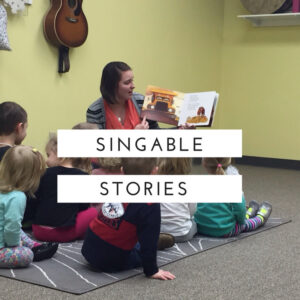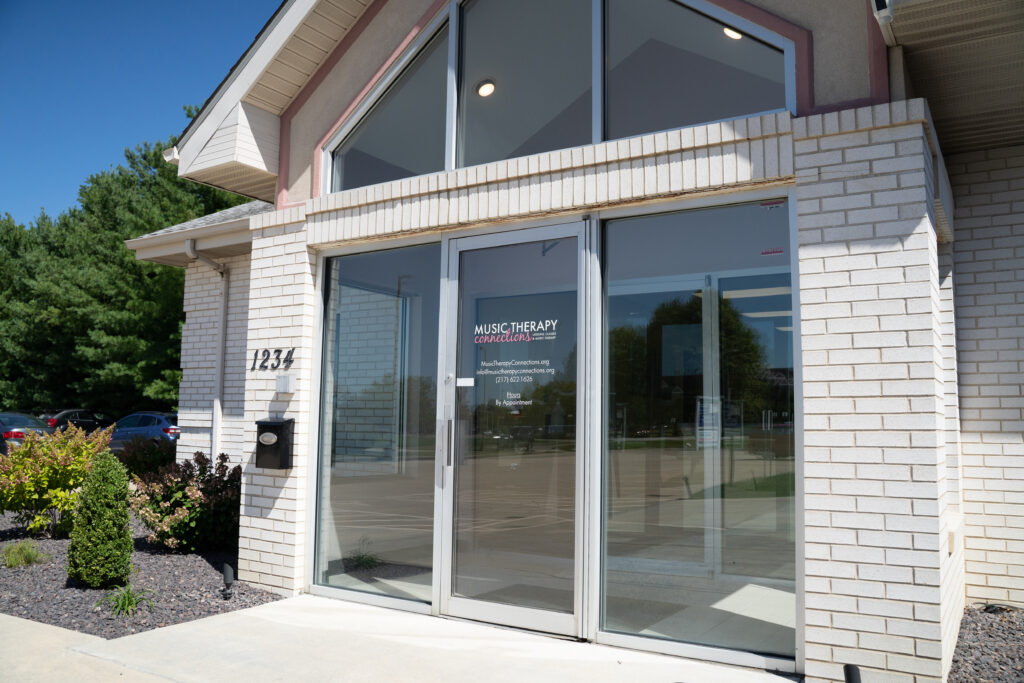by Alisabeth Hopper | Nov 1, 2016 | Materials & Supplies, Resources, Tips & Tricks
Thank you for joining me again for our sign language series! This week we are learning our season signs. These four signs are a great tool to have in your back pocket. I am continually working to build awareness of environment and time in the therapeutic environment. One major way we can do that is by working to help all students to be able to correctly identify the seasons, weather, date, and so on.
When a student can understand the varying seasons that brings us one step closer to a greater understanding of how to care for oneself at the most independent level.
I hope you enjoy this week’s video and enjoy our bonus sign for Halloween!
-AH
by Alisabeth Hopper | Oct 24, 2016 | Resources, Videos
Hello Readers & Friends,
We have just posted our second video in our sign language series. Have I mentioned yet how incredibly excited I am? I love using color signs as a music therapist. There are so many therapeutic applications for sign language not only as a tool, but as an additional means of communication. That being said I use my color signs regularly.
I will use them to reinforce colors with some of my clients who are nonverbal, or minimally verbal. But I also use them with clients who are very verbal and working on academic skills. Using sign language makes your academic experience multi sensory which can be very helpful for people of all ages and abilities to learn and grow.
Check out this week’s video and let me know what you think! Also, do you have an idea for a sign language topic? Let me know in the comments!
Have a wonderful week.
-AH
by Alisabeth Hopper | Oct 17, 2016 | Resources

Hello Readers & Friends,
I hope you all have had a wonderfully restful weekend. I have been working and planning a brand new video series for professionals and families alike on my absolute favorite topic: sign language! Before we get started, I thought I would share a little about why I have such a passion for sign language in music.
I began learning sign language in high school while working at a Steak N’ Shake. I worked in a town where there was a large Deaf population because of the state school for the Deaf. I always thought it odd that nobody sought to learn sign language to communicate with respect, to customers. One night I began researching and learned a few basic signs that every server should know i.e. ketchup, mustard, mayo, sandwich, fries, cola, and of course, thank you. Immediately I felt more confident and equipped when serving. I carried this into my studies in Music Therapy and sought new ways to use sign language in the therapeutic environment.
Throughout this series we will explore different signs and how we can use them with specific goals in mind! So join in, and stay tuned for our weekly installment every Monday!
-AH
by Katey Kratz | Sep 29, 2016 | Resources, Tips & Tricks
It’s that time again!! We are in the process of putting together materials for our new music crate and class package. That means new songs, new materials, and new stories are coming your way VERY SOON!! I love creating new materials to share, but like everyone else I often struggle with the process of getting started. That’s why I want to share 3 quick songwriting tips and reveal the best time for writing new songs.

1. Let It Flow – One of my favorite things to do when writing new material is simply write everything down or record it all! That means writing down or recording, with no filter, every single word that pops into my head in the moment. It may not be perfect on the first try, but I can almost guarantee at least a new idea, a good line, or an awesome melody will come from just getting letting go and letting it flow.
2. Ask the “w” questions – Ask yourself the who, what, when, where, why questions when your are writing or refining your song. Who is this for? Why am I writing this? What is the purpose? By answering those questions, you can sometimes spark new ideas or stumble upon all new material.
3. Write it Now, Revise Later – If you are feeling unsure of your song or lyrics or feeling stuck, write something down. OR record something, anything. Then walk away. Physically walk away and do anything else that will consume your mind and take you away from the song writing process. Come back with a clear head and try again.
So, when is the best time for writing new songs….??
NOW and whenever you feel any little spark of inspiration. The more you write the easier it gets. The more ideas you have stored away, even in small, 5 second, snippets or single lines of lyrics, the more you have to pull from in the future. My favorite song ideas often hit when I’m least expecting it so I quickly pull out the nearest piece of paper and write down the idea or open the voice memo app on my phone and make a quick recording or note to self that I can easily return to later.
I’d love to hear more of your ideas on what helps you create new content. What is your favorite time to write new songs? Do you have any tips to share on your songwriting process?
by Rachel | Sep 20, 2016 | Resources

It’s Music Therapy Advocacy Week here in Illinois, so we are upping our game when it comes to spreading the word about our work and the power of music therapy. In addition to making appearances in community publications and on our local news this week, we also wanted to share some of our favorite resources for becoming an expert advocate.
There are MANY ways to step up to the plate in this arena, so do what works for you! Here’s a quick roundup of articles, videos and podcasts on the topic of music therapy advocacy.
5 Do’s and Don’ts for Advocacy in the Community
Efficacy of Music Therapy
Finding Our Place in Music Therapy Advocacy
Making CONNECTIONS Every Day
Music Therapy Advocacy: Tell Your Story
by Alisabeth Hopper | Sep 14, 2016 | Resources

Here at MTC we love to use singable stories. You may see us using them with our Listen & Learn groups but did you know that we also use them in 1:1 music therapy sessions?
Singable stories are a great tool for
- Increasing sight words
- Improving enunciation of vowels and consonants
- Reading full sentences or more independently
- Improving reading comprehension
- Identifying letters uppercase and lowercase
- Increasing vocal range in inflection
- and so much more!
These are just a few of the specific objectives that we work on every day with our clients here at Music Therapy Connections! Do you know somebody who could benefit from music therapy? Register them in services below!

Questions about services for someone in your life?
Contact us at info@musictherapyconnections.org!






